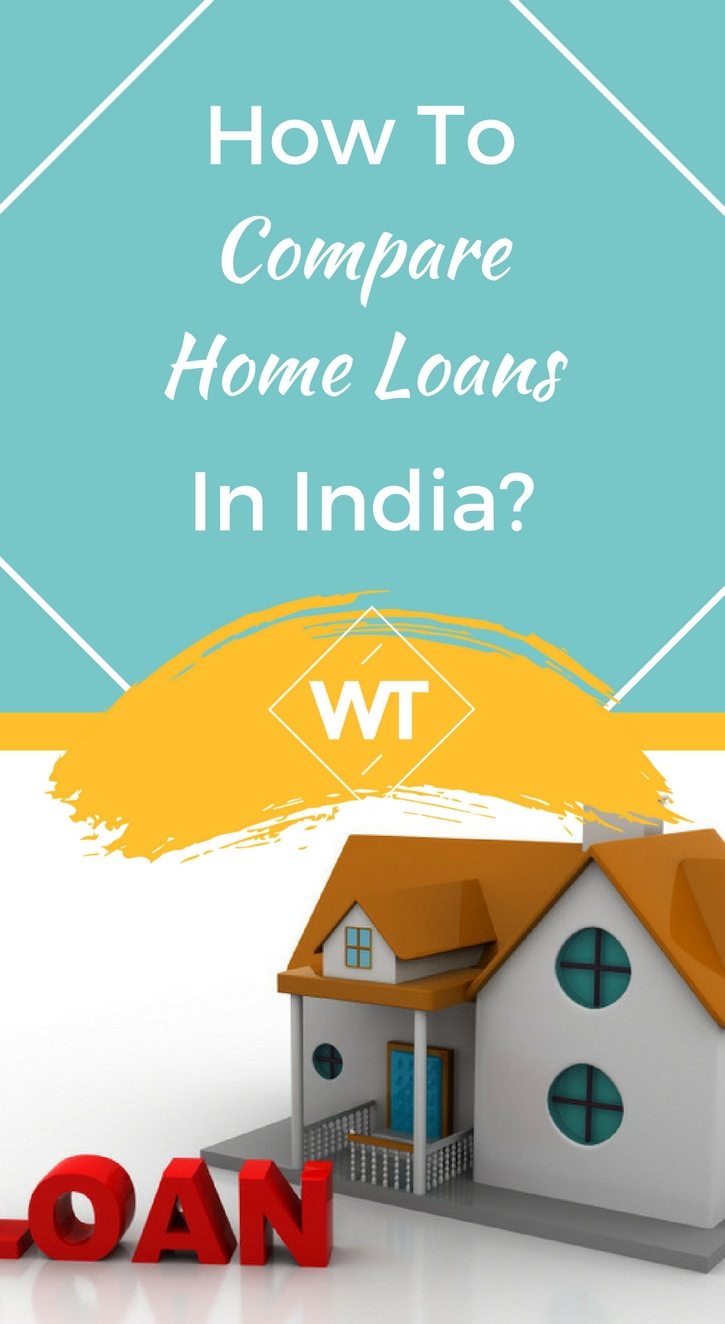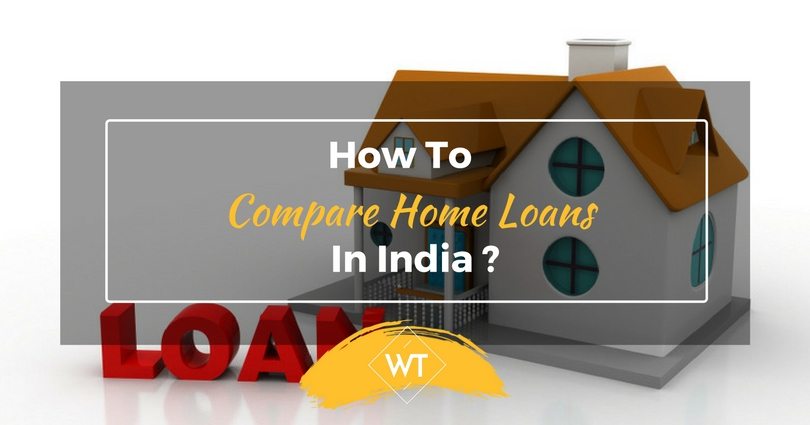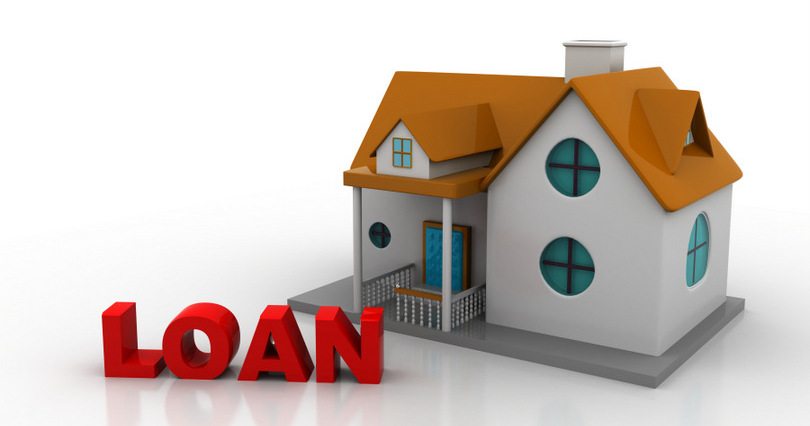How to Compare Home Loans in India?

When we think of buying a new home, we think of a home loan and when we think of a home loan, we think of interest rates. However just stop a while and think again! Home loans should not be compared only on the basis of interest rates.
While interest is an important criteria but it is definitely not the only one on which you can base your decision. Some other factors also should be considered to compare home loans before making a decision. We fill focus on these factors in the ensuing discussion.
Andy is planning to take a loan; after a lot of online research he zeroed on Good Loans for taking a loan as they were offering loans at the lowest interest at that time. However at the final stage he was stumped by the processing fee charges. He had not thought of even checking with other loan providers about these charges.
Factors to consider when you compare home loans:
1. Fixed or Floating?
When one looks at interest rate at which a home loan is offered please do remember to find out whether that rate is for fixed or floating rate home loan. You need to be sure whether you want a fixed or a floating rate loan. A fixed rate loan is one where the interest rate remains unchanged throughout the loan period.
So if Andy borrows today at 11.5% and the loan duration is 20 years then after 10 years also he will pay interest at the same rate irrespective of any changes in economic or market conditions.
However if he chooses a floating rate the interest rate is linked to the Prime Lending Rate (PLR). So in case the rate goes up the bank will extend the period of the loan without touching the EMI and the converse when the rate reduces. However it is important to mention that fixed loans are also not purely fixed and the banks can change the interest rate at their discretion.
There are loans that lie in between too; fixed for some time in the beginning and then floating. An earlier post explains this in detail Fixed vs Floating Home Loan Rates
Interest rates for fixed rate loans are usually higher than the floating rate loans. Fixed loans provide certainty and are suitable for those who do not want any kind of risk. However as we said earlier fixed are not exactly fixed and are also more expensive a floating rate makes more sense but it is not possible to predict interest rate movement for the future.
2. Mortgage Deed Charges
This is a huge expenditure and should be given due weightage when choosing the loan provider. Like interest rates this varies from institution to institution.
So even if there is a variation of 0.1% between two institutions on a loan amount of Rs. 50,00,000 the actual difference will be Rs. 5000. There may be some banks that may not have any mortgage deed charges but be sure there will be some fine print or some higher charges elsewhere so do not get lured by such promises.
3. Processing Fees
Before your loan is sanctioned certain documents need to be submitted and these documents need to be verified and processed. There are charges for this also; known as the processing charges.
These charges are also dependant on the bank’s rules and may vary within the same institution depending on the loan amount. It can be as a percentage of the loan amount or may be a fixed amount. This usually is dependent on the loan amount. If you are a tough negotiator or the organization that you work for has some special tie-up with the institution it’s possible to get these charges waived (sometimes).
4. Legal Fees
While buying a house is a big decision for the applicant; sanctioning a loan is also an important decision for any institution. They are bound to check the legal status of the property for which they are sanctioning the loan. It is important for them to ensure that the property is not disputed and has various clearances. For this they hire lawyers and the charges are recovered from the customer.
However there are some housing projects by well known builders in each town that are approved by banks. If you plan to buy a house in such an approved project (provided the bank you are dealing with has approved it) then you will be saved from paying the legal fees.
5. Preclosure Charges
Though once a person takes a loan he would surely like to get the burden off as soon as possible. However this may not be as easy as it sounds as most banks levy preclosure charges or to be correct levied in the past. Recently, the RBI stopped banks from charging pre-closure penalty on floating rate interest loans. So if you already have a loan it is important that you check with the bank on the status of the preclosure charges.
6. Insurance Cover for the Home Loan
While insurance cover for your home loan is essential make sure you choose it as per your requirements. Some banks may bundle it up with the loan (and add the cost to the EMI) where you do not have a choice about the insurer or other details. You will obviously have to pay separately for this! Do not get into any deal just because your home loan provider insists be sure to understand it well before signing the dotted line.
The above aspects will help you compare home loans with a perspective that goes beyond the interest rates. Having said that, the interest rate is also important and is usually a long term commitment. So keep an eye on it too!









Leave a Reply